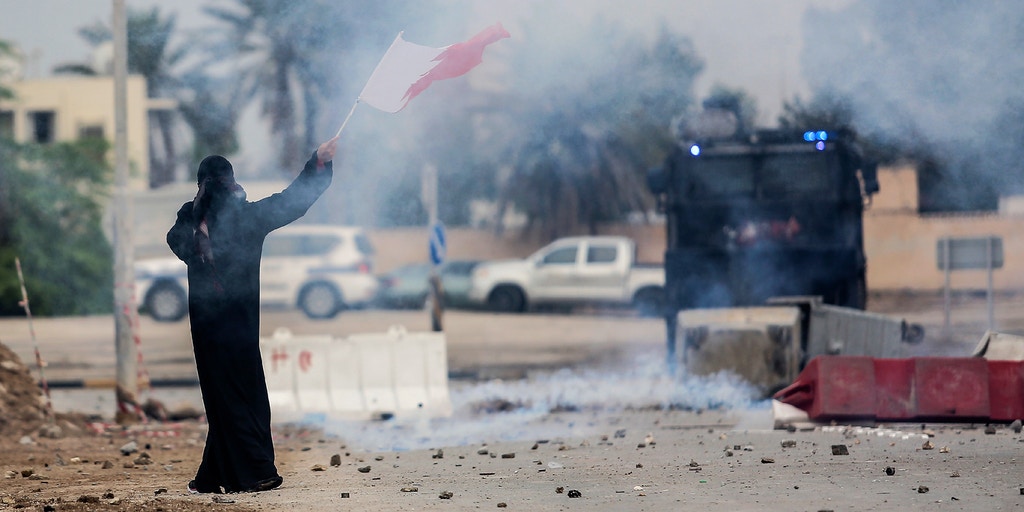On 21 March 2019, the United Nations (UN) Human Rights Council (HRC) unanimously brought to attention the important role of environmental human rights defenders by adopting a strong consensus resolution which legitimized the work of these activists. The HRC reaffirmed the need for states to protect the international rights of its citizens, including the protection of environmental human rights defenders, and raised concerns surrounding the increased dangers faced by environmental human rights defenders because of their occupation. The resolution, presented by Norway on behalf of a cross-regional group of 60 states, demonstrated strong support of and met the expressed demands of other human rights organizations. It condemned all violations against environmental rights defenders by state and non-state actors, and stressed that such acts may undermine sustainable development at the local, national, regional, and international levels.
The adopted resolution recognizes environmental human rights defenders’ contributions to biodiversity, health, security, and sustainability of the environment and human rights. It addresses the intersectional nature of violations and abuses against defenders belonging to minority, rural, and marginalized communities, and urges states to adopt laws for their protection and to ensure investigation and accountability for threats and attacks. The resolution expressed concern that national security and counter-terror legislations are in some instances misused to target human rights defenders, as is the case in Bahrain, and advised states to take steps to prevent the use of legislation in this way. The adoption of this resolution by the UN Human Rights Council must now be followed by implementation at the national level by all relevant stakeholders, including states and UN agencies.
The protection of human rights defenders, including environmental human rights defenders, remains a serious concern in Bahrain. The kingdom continues to target, arrest, and even kill activists in relation to their work. On 23 May 2017, 44-year-old Mohammed Khadim Muhsin Zain Aldeen, Deputy President of a local chapter of Friends of the Environment, was one of five individuals shot and killed in Diraz by Bahraini security forces. Aldeen was reportedly shot during a raid, where police used tear gas and shotguns to repress a peaceful sit-in, and no security force personnel have been held accountable. Aldeen had regularly called for environmental dangers like pollution to be addressed by the Bahraini government.
Mohammed Jawad, another Bahraini environmental human rights activist, highlights environmental injustice in Ma’ameer through his music and peaceful protests. Ma’ameer contains a large industrial complex, including the state-owned Bahrain Petroleum Company and ALBA, one of the largest aluminum producers in the world. Residents of Ma’ameer have reported detrimental health impacts in relation to air and water pollution they are exposed to as a result of these industrial activities. Villagers report that fumes and smoke have led to an increase in cancer rates, child birth defects, and miscarriages of pregnancies. The residents of Ma’ameer have also reported that chemical waste from these companies are dumped into the ocean and have resulted in the death of aquatic life in the area. Mohammed Jawad is head of the Ma’ameer Environmentalist Committee and was prevented from traveling to Morocco for the 2016 UN Climate Change Conference due to a travel ban. Jawad has also previously been subjected to arrests and enforced disappearance.
The resolution adopted by the UN Human Rights Council recognizes the importance of environmental human rights defenders like Aldeen and Jawad and the dangers faced when addressing and acting against harmful environmental agents. Bahrain, as a member of the Human Rights Council, must work to implement this resolution and protect those working to defend the environment, as well as all human rights defenders.
Fritzle Pinedo is an Advocacy Intern with ADHRB.





